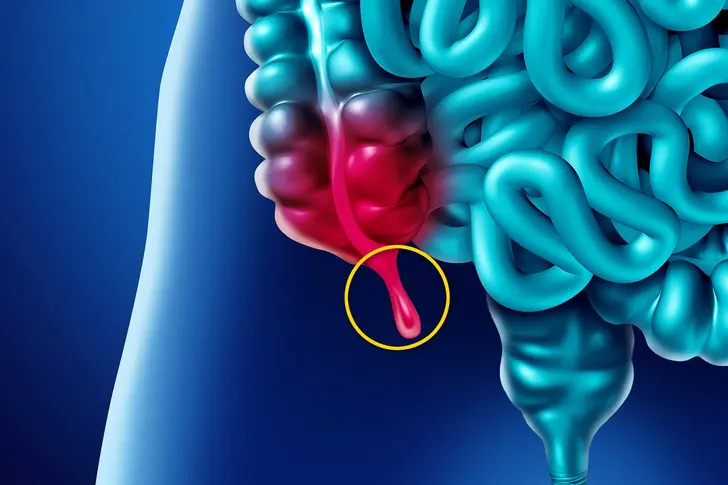Appendix cancer is a very rare type of cancer that begins in the cells of the appendix, a small, finger-like pouch attached to the large intestine. Because it is so uncommon, it can be difficult to diagnose and is often discovered accidentally during surgery for another condition, such as appendicitis.

Symptoms and Diagnosis
Because appendix cancer is so rare and often has no noticeable symptoms in its early stages, a diagnosis can be challenging. Symptoms, when they do appear, are often vague and can be mistaken for other conditions.
Common symptoms may include:
- Appendicitis-like pain in the lower right abdomen
- A gradual increase in waist size or abdominal bloating
- A feeling of fullness or a mass in the abdomen
- Changes in bowel habits
- Hernias-In men, a hernia in the groin is sometimes the first sign
- Ovarian masses-In women, a mass in the pelvis may be the initial indication, and it can sometimes be mistaken for ovarian cancer.
- Nausea and vomiting
- Bowel obstruction
Diagnosis is often made after a person undergoes a physical exam and imaging tests like a CT or MRI scan. In many cases, the cancer is only discovered during an appendectomy (appendix removal) for suspected appendicitis. A definitive diagnosis is made through a biopsy, where a pathologist examines a tissue sample.
Treatment Options
The primary treatment for appendix cancer is surgery. The specific surgical approach depends on the type, size, and stage of the cancer.
Leave a Reply